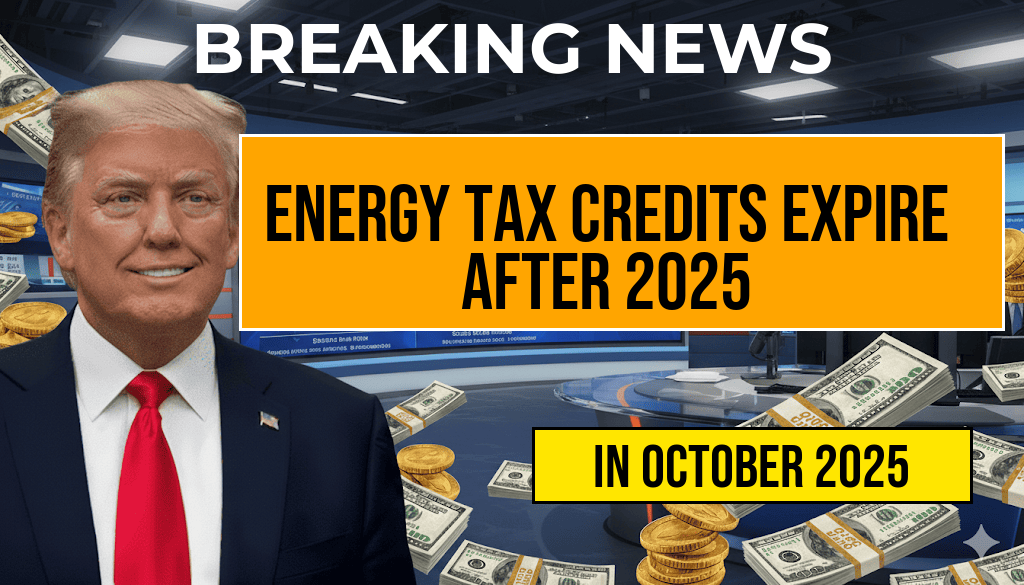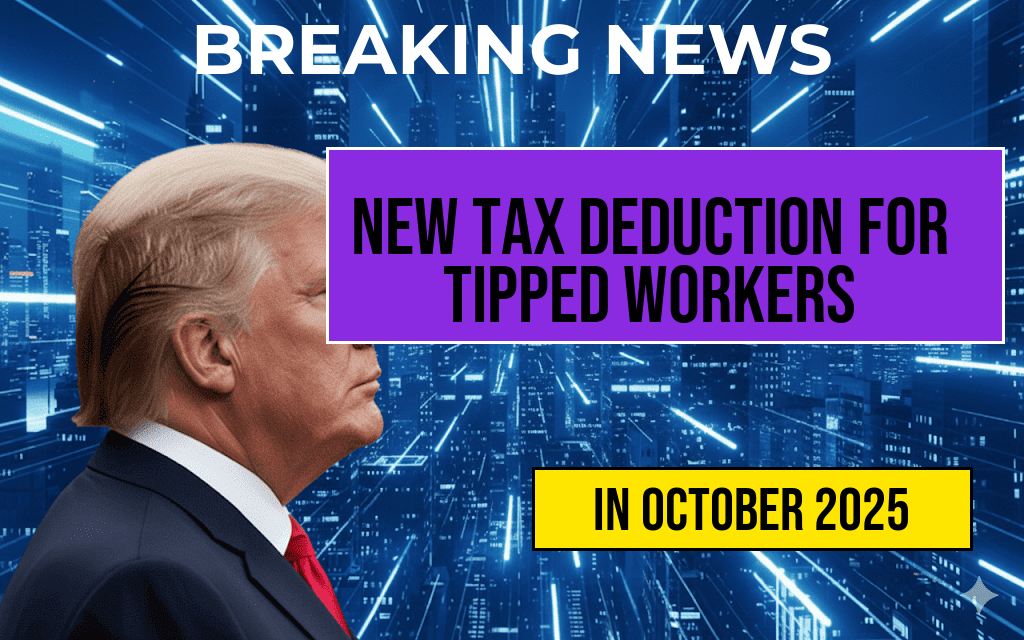The landscape of renewable energy incentives is set to change dramatically as the Residential Energy Tax Credits, designed to promote green energy installations and upgrades, are scheduled to expire after 2025. Homeowners across the United States have increasingly taken advantage of these tax credits, which have facilitated the adoption of solar panels, energy-efficient appliances, and other environmentally friendly improvements. However, with the impending expiration, many experts warn that this could lead to a significant slowdown in green energy investments. The sunset of these incentives raises concerns about the future of sustainable practices in residential sectors, especially as the nation aims to meet ambitious climate goals. Stakeholders now urge legislative action to extend these credits to ensure continued progress toward a greener future.
Understanding Residential Energy Tax Credits
Residential energy tax credits have played a pivotal role in encouraging homeowners to invest in renewable energy technologies. These credits provide a financial incentive, allowing homeowners to deduct a percentage of their installation costs from their federal taxes. The most notable among these is the Federal Solar Investment Tax Credit (ITC), which currently allows homeowners to claim 26% of the costs associated with solar panel installation. This percentage is set to decrease to 22% in 2023 before the credit is phased out entirely for residential installations after 2025.
Impacts of Expiration on Homeowners
The expiration of these tax credits poses potential financial challenges for homeowners considering energy-efficient upgrades. Many fear that the removal of these incentives will dissuade homeowners from investing in renewable technologies. The following points illustrate the potential impacts:
- Increased Costs: Without tax credits, the upfront costs of solar installations and energy-efficient appliances may become prohibitive for many households.
- Slower Adoption Rates: As financial incentives diminish, the momentum for transitioning to renewable energy sources may decline.
- Job Losses: A slowdown in the green energy sector could result in job losses amid a workforce that has rapidly expanded in response to these incentives.
The Bigger Picture: Climate Goals at Stake
The expiration of residential energy tax credits comes at a critical time when the U.S. aims to reduce its carbon footprint significantly. According to the Environmental Protection Agency, the residential sector contributes approximately 20% of total greenhouse gas emissions. Transitioning to renewable energy sources is vital for meeting national and international climate commitments, such as those outlined in the Paris Agreement.
Voices from the Industry
Industry leaders are vocal about their concerns regarding the expiration of these incentives. Many argue that the tax credits have been instrumental in creating a robust market for renewable energy solutions. John Doe, CEO of Solar Innovations, stated, “The tax credits have not only made solar more accessible but have also driven innovation and job creation in our industry. Losing these incentives would be detrimental to our progress towards a sustainable future.”
Moreover, experts emphasize the need for a long-term policy framework that supports the growth of renewable energy beyond 2025. Jane Smith, an energy policy analyst at the Renewable Energy Institute, commented, “We must ensure that our energy policies evolve to keep pace with technology and public demand for sustainable solutions.”
Possible Legislative Actions
In light of these concerns, advocates are calling for legislative measures to extend or expand the current tax credits. Several proposals are being discussed in Congress, aiming to create a more comprehensive and long-term approach to energy incentives. Potential actions include:
- Extension of Current Tax Credits: Advocates are pushing for the extension of existing credits to maintain momentum in the green energy sector.
- Increased Funding for Energy Efficiency Programs: Additional funding could support programs aimed at improving residential energy efficiency.
- Incentives for New Technologies: Developing incentives for emerging technologies, such as home battery systems and smart grids, could encourage further innovation.
Conclusion: A Call to Action
As the deadline for the expiration of residential energy tax credits looms, the urgency for legislative action grows. The transition to a sustainable energy future hinges on the continued support of these vital incentives. Homeowners, industry leaders, and environmental advocates must unite to urge lawmakers to prioritize renewable energy policies that pave the way for a greener, more sustainable future.
For further information on the impact of energy tax credits, you can refer to the Forbes article on solar tax credits and the Wikipedia page on the Solar Investment Tax Credit.
Frequently Asked Questions
What are the Residential Energy Tax Credits?
The Residential Energy Tax Credits are incentives provided by the government to encourage homeowners to invest in renewable energy systems, such as solar panels, wind turbines, and energy-efficient home improvements.
When will the Residential Energy Tax Credits expire?
The Residential Energy Tax Credits are set to expire after 2025, meaning homeowners will need to take advantage of these incentives before that deadline.
What types of projects qualify for the Residential Energy Tax Credits?
Projects that typically qualify for the Residential Energy Tax Credits include the installation of solar energy systems, geothermal heat pumps, wind turbines, and certain energy-efficient upgrades to heating and cooling systems.
How can homeowners benefit from the Residential Energy Tax Credits before they expire?
Homeowners can benefit by installing eligible renewable energy systems or making energy-efficient upgrades before the 2025 expiration date, allowing them to reduce their tax liabilities and lower overall energy costs.
What happens after the Residential Energy Tax Credits expire?
After the Residential Energy Tax Credits expire, homeowners may lose access to these financial incentives, potentially leading to higher upfront costs for green energy investments and a slowdown in the adoption of renewable energy technologies.











